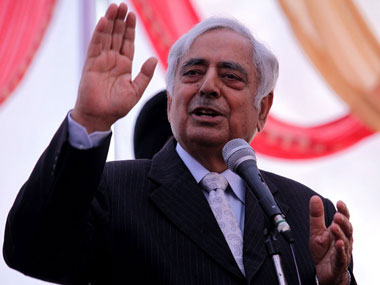New Delhi, Jul 23: Riding high on foreign investors buying stakes in Jio Platforms, Reliance Industries Ltd Chairman Mukesh Ambani became the world’s fifth-richest person Wednesday, edging past American investor Warren Buffett on the real-time ranking of billionaires by Forbes. With an estimated wealth of $75 billion, Ambani is only next to Facebook co-founder and CEO Mark Zuckerberg, whose wealth is pegged at $89 billion.
Buffet had slipped down the rankings after donating more than $37 billion of Berkshire Hathaway Inc. stock since 2006 to charity. Berkshire Hathaway’s stock performance has also underwhelmed recently.
Amazon founder and CEO Jeff Bezos still sits at top in the richest list, with a net worth of $185.8 billion. He is followed by Microsoft co-founder Bill Gates with net worth of $113.1 billion and luxury group LVMH Moet Hennessy Louis Vuitton’s chief Bernard Arnault, with a net worth of $112 billion. Facebook CEO Mark Zuckerberg is at the fourth position in the Forbes list.
Shares of Ambani’s conglomerate have more than doubled since a low in March as its digital unit got more than $15 billion in investments from companies including Facebook Inc, Silver Lake, Intel, and most recently, Google. The US tech giant has committed a capital infusion of Rs 33,737 crore for a 7.7 per cent stake on Jio Platforms.
The total investment from financial and strategic investors into Jio Platforms stands at Rs 1,52,056 crore. RIL has raised a total of Rs 2,12,809 crore through a rights issue, the combined investments in Jio Platforms and investment by BP.
During the Reliance AGM last week, Ambani had said RIL has made its net-debt free ahead of a March 2021 target due to recent investments. Ambani said Jio has designed and developed a complete 5G solution that’s ready for launch as soon as spectrum is made available next year.
Jio and Google have also entered into a commercial agreement to jointly develop an entry-level affordable smartphone with optimisations to the Android operating system and the Play Store, Ambani said.
RILs market value jumped to Rs 12.7 lakh crore or $170 billion on Monday, making it the 51st most valued company in the world. Between April 1 and July 13, RIL has gained $81 billion in market capitalisation and has climbed 47 places from being the 98th most valued company on April 1 to 51st most value company now.
The share price of RIL has risen by 120 per cent over the last four months for Rs 883 per share on March 23, 2020 to Rs 1,939 on Monday. Since April 22, when Facebook Inc announced an investment of Rs 43,574 crore in Jio Platforms for 9.99 per cent equity stake, Jio Platforms has announced investments by 12 other investors. The total investment by these 13 investors over the last 12-weeks amounted to Rs 118,318 crore.
 The direction to this effect was issued during a review meeting chaired by Sayeed here last evening. The army representative assured the Chief Minister that the Army will provide all required support to the government to tackle the imminent threat of floods, an official spokesman said.
The direction to this effect was issued during a review meeting chaired by Sayeed here last evening. The army representative assured the Chief Minister that the Army will provide all required support to the government to tackle the imminent threat of floods, an official spokesman said.




Comments
Add new comment